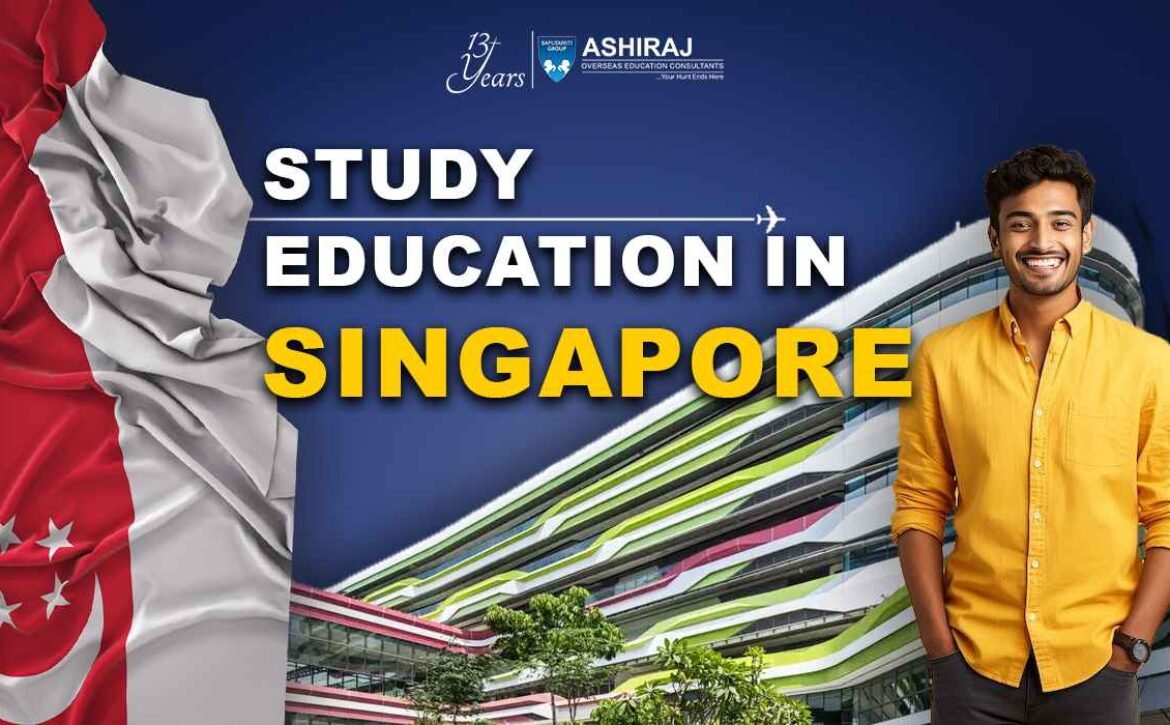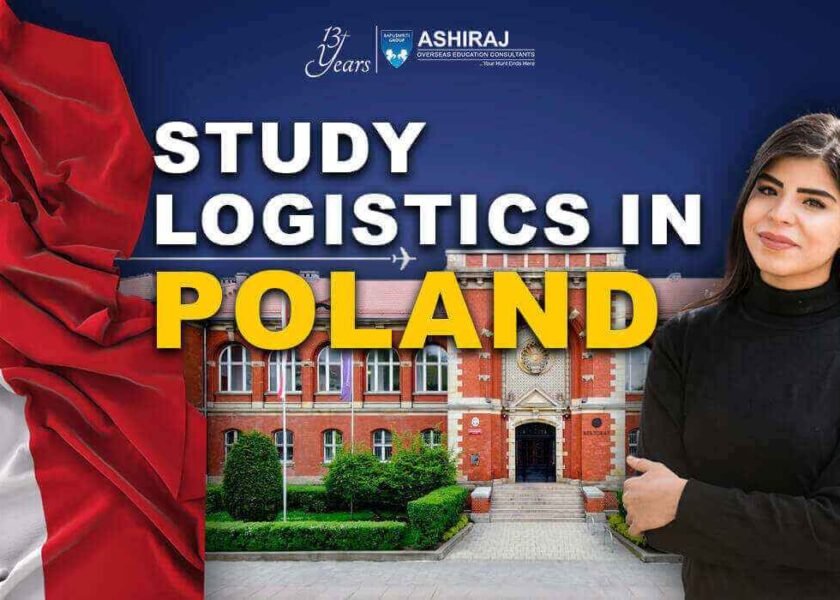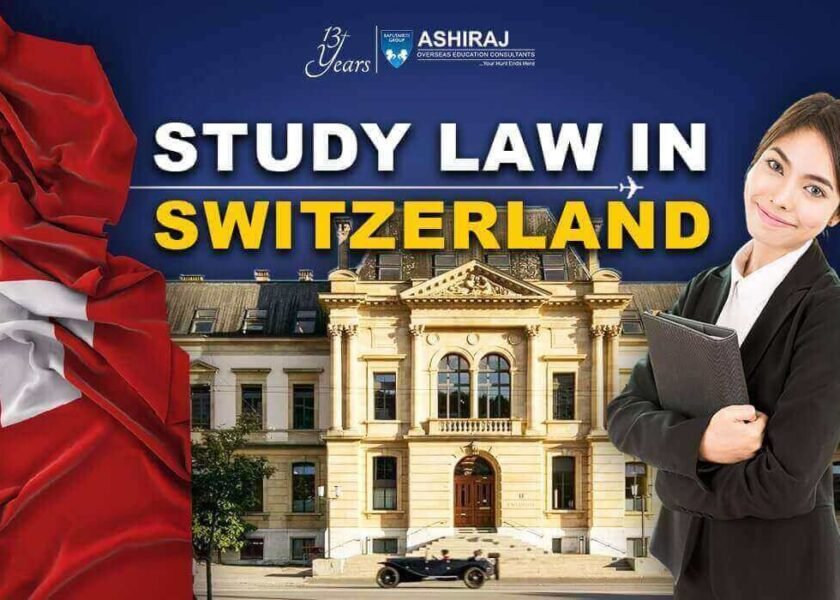
Education in Singapore
Education in Singapore is characterized by its high standards and emphasis on academic excellence. Renowned globally for its rigorous curriculum and innovative teaching methods, Singapore’s education system is often hailed as one of the best in the world. From primary school to tertiary education, students in Singapore undergo a comprehensive learning journey designed to equip them with not only knowledge but also critical thinking skills and values necessary for success in a competitive global landscape. The emphasis on STEM (Science, Technology, Engineering, and Mathematics) education is particularly notable, with Singapore consistently ranking highly in international assessments such as the Programme for International Student Assessment (PISA).
Singapore’s commitment to education is evident in its continuous efforts to adapt and evolve the curriculum to meet the demands of the 21st century. The country’s education system is not only focused on academic achievements but also on holistic development, nurturing students’ creativity, leadership, and entrepreneurial skills. Education in Singapore emphasizes the significance of Singapore’s educational landscape, highlighting its global recognition and commitment to excellence in learning and development.
Why to Study Education in Singapore?
- World-Class Education System: Singapore is renowned globally for its high-quality education system, consistently ranking among the top performers in international assessments.
- Emphasis on Academic Excellence: The curriculum in Singapore is rigorous, focusing on developing strong academic foundations across various disciplines.
- Innovative Teaching Methods: Singapore employs innovative teaching approaches that encourage critical thinking, problem-solving, and practical application of knowledge.
- STEM Education Focus: The education system prioritizes STEM (Science, Technology, Engineering, and Mathematics) education, preparing students for careers in these high-demand fields.
- Holistic Development: Beyond academics, Singapore’s education system emphasizes holistic development, nurturing students’ creativity, leadership, and social skills.
- Global Recognition: A degree from a Singaporean institution holds international recognition, enhancing career prospects and opportunities for further studies abroad.
- Multicultural Environment: Studying in Singapore provides exposure to a diverse and multicultural environment, fostering cross-cultural understanding and collaboration.
- State-of-the-Art Facilities: Educational institutions in Singapore boast state-of-the-art facilities and resources, providing students with an optimal learning environment.
- Career Opportunities: Graduates from Singaporean institutions are highly sought after by employers globally, thanks to the reputation of the country’s education system.
- Networking Opportunities: Studying in Singapore offers ample networking opportunities, connecting students with industry professionals and experts in their fields.
Education in Singapore is seamlessly integrated into the content, highlighting the focus of the article on the educational opportunities and advantages offered by Singapore.
Top Universities to Study Education in Singapore
University | QS World University Ranking 2023 | Type of University | Average Annual Fees | Programs Offered |
National University of Singapore (NUS) | 11 | Public | SGD 28,600 | Arts, Humanities, Sciences, Engineering, Business |
Nanyang Technological University (NTU) | 12 | Public | SGD 30,000 | Engineering, Business, Sciences, Humanities, Arts |
Singapore Management University (SMU) | 49 | Private | SGD 35,000 | Business, Economics, Law, Social Sciences |
Singapore University of Technology and Design (SUTD) | 75 | Public | SGD 29,500 | Engineering, Architecture, Design, Business |
Singapore Institute of Technology (SIT) | 150 | Public | SGD 27,000 | Engineering, Information Technology, Applied Sciences |
Education in Singapore is enriched by its top-tier universities, which consistently rank among the best globally. These institutions offer diverse programs catering to various academic interests and career aspirations.
- National University of Singapore (NUS): Ranked 11th in the QS World University Rankings 2023, NUS is a public university renowned for its comprehensive range of programs spanning arts, humanities, sciences, engineering, and business.
- Nanyang Technological University (NTU): NTU, ranked 12th globally, is another esteemed public university offering programs in engineering, business, sciences, humanities, and arts, providing students with a well-rounded education.
- Singapore Management University (SMU): A private institution ranked 49th globally, SMU specializes in business, economics, law, and social sciences, preparing students for leadership roles in the corporate world.
- Singapore University of Technology and Design (SUTD): SUTD, ranked 75th globally, focuses on engineering, architecture, design, and business, fostering innovation and creativity in its students.
- Singapore Institute of Technology (SIT): SIT, ranked 150th globally, offers applied programs in engineering, information technology, and applied sciences, emphasizing practical skills and industry relevance.
Education in Singapore underscores the focus of the article on the top universities in Singapore, highlighting their contributions to the educational landscape of the country.
Course Curriculum for Education in Singapore
- Comprehensive Framework: Education in Singapore follows a structured curriculum framework that encompasses primary, secondary, and tertiary levels, ensuring continuity and coherence in learning.
- Core Subjects: The curriculum emphasizes core subjects such as Mathematics, Science, Languages (English, Mother Tongue), and Humanities, providing students with a strong foundation in key areas of knowledge.
- Holistic Development: In addition to academics, Singapore’s curriculum focuses on holistic development, incorporating co-curricular activities (CCAs), character and citizenship education (CCE), and values inculcation to nurture well-rounded individuals.
- 21st Century Skills: The curriculum is designed to equip students with essential 21st-century skills such as critical thinking, communication, collaboration, and creativity, preparing them for the challenges of the modern world.
- Specialized Tracks: At the tertiary level, students have the option to pursue specialized tracks based on their interests and career aspirations, including STEM disciplines, humanities, business, and the arts.
- Industry-Relevant Programs: Tertiary institutions in Singapore offer industry-relevant programs and partnerships with leading organizations, providing students with practical skills and exposure to real-world scenarios.
- Continual Review and Enhancement: Singapore’s education system undergoes continual review and enhancement to stay relevant and responsive to the evolving needs of society and the economy.
Education in Singapore emphasizes the focus of the article on the curriculum framework and educational practices in Singapore, highlighting its commitment to holistic development and 21st-century skills.
Eligibility Criteria & Admission Requirements for MS in Education in Singapore
- Language Proficiency Tests:
Applicants are required to demonstrate proficiency in English by providing scores from either the IELTS or TOEFL examinations.
For IELTS, a minimum score of 6.5 is typically required, while for TOEFL, a score of 90 or above is preferred.
- Standardized Tests:
Depending on the program and institution, applicants may need to submit scores from either the GRE or GMAT examinations.
GRE scores vary by program, but competitive scores typically range from 310 to 330, while GMAT scores typically range from 650 to 700.
- Documentary Requirements:
Applicants must submit their passport and obtain a student visa to study in Singapore.
Academic certificates from previous educational institutions are required to demonstrate academic qualifications.
- Work Experience:
Some postgraduate programs may require applicants to have relevant work experience in their field of study.
Work experience adds value to the application and may be considered during the admission process.
Test | Minimum Score |
IELTS | 6.5 |
TOEFL | 90 |
GRE | 310 – 330 |
GMAT | 650 – 700 |
Education in Singapore requires applicants to meet specific eligibility criteria, including proficiency in English, standardized test scores, and documentary requirements. Education in Singapore underscores the focus of the article on the eligibility criteria for studying in Singapore, emphasizing the importance of language proficiency, standardized tests, and supporting documents in the admission process.
Documents Required for Studying Education in Singapore
- Passport:
A valid passport is essential for international students applying to study in Singapore.
- Letters of Recommendation (LOR):
Typically, two letters of recommendation are required from teachers or employers attesting to the applicant’s academic or professional abilities.
- Statement of Purpose (SOP):
An SOP outlines the applicant’s academic and career goals, reasons for choosing the program, and how they plan to contribute to the academic community.
- Curriculum Vitae (CV):
A comprehensive CV detailing the applicant’s educational background, work experience, achievements, and extracurricular activities.
- Official High School Transcripts:
Transcripts from the applicant’s high school or secondary education institution, demonstrating academic performance and achievements.
- Educational Certificates:
Certificates of completion or graduation from previous educational institutions, validating academic qualifications.
- Work Experience Certificate:
If applicable, a certificate from previous employers verifying work experience relevant to the chosen program of study.
- Proof of Financial Resources:
Documentation demonstrating the applicant’s ability to finance their education and living expenses in Singapore, such as bank statements, sponsorship letters, or scholarship awards.
Education in Singapore requires a comprehensive set of documents to support the application process, including personal identification, academic records, letters of recommendation, and proof of financial capability. Education in Singapore highlights the focus of the article on the document requirements for studying in Singapore, emphasizing the importance of thorough documentation for successful admission.
Admission Process for Education in Singapore
- Research and Choose Programs: Explore the various educational programs offered by universities in Singapore and select the ones that align with your academic and career goals.
- Check Eligibility Criteria: Review the admission requirements for each program, including academic qualifications, language proficiency tests (IELTS/TOEFL), and standardized test scores (GRE/GMAT).
- Prepare Required Documents: Gather the necessary documents such as passport, academic transcripts, letters of recommendation (LOR), statement of purpose (SOP), curriculum vitae (CV), and proof of financial resources.
- Submit Application: Complete the online application form provided by the chosen university or through the centralized admissions portal, ensuring all required information and documents are provided accurately and on time.
- Pay Application Fee: Pay the application fee as required by the university, typically through online payment methods.
- Wait for Decision: Await notification from the university regarding the status of your application. This may take several weeks to months depending on the program and institution.
- Acceptance and Visa Application: Upon receiving an offer of admission, accept the offer and proceed with the application for a student visa (if applicable) by submitting additional documents to the Singapore immigration authorities.
- Plan for Arrival: Once the visa is approved, make necessary arrangements for travel, accommodation, and any other pre-departure preparations.
Education in Singapore involves a systematic admission process that requires thorough research, preparation of documents, and adherence to deadlines. Education in Singapore emphasizes the focus of the article on the admission procedures for studying in Singapore, highlighting the importance of careful planning and documentation for successful enrollment.
“Education is the most powerful weapon which you can use to change the world.”
Nelson Mandela
Cost of Education Course in Singapore
- Tuition Fees: The cost of tuition varies depending on the institution and program of study, with average annual fees ranging from SGD 20,000 to SGD 40,000 for undergraduate programs and higher for postgraduate programs.
- Living Expenses: Singapore is known for its relatively high cost of living, including accommodation, food, transportation, and other daily expenses. On average, students can expect to spend between SGD 10,000 to SGD 20,000 per year on living expenses.
- Additional Costs: Additional expenses may include textbooks, course materials, health insurance, visa fees, and extracurricular activities, which can add up to several thousand dollars per year.
- Scholarships and Financial Aid: Many universities in Singapore offer scholarships, grants, and financial aid programs to help offset the cost of education for eligible students. These opportunities can significantly reduce the financial burden of studying in Singapore.
- Part-time Work: Some students may choose to work part-time to supplement their income and cover expenses. However, regulations regarding employment for international students vary, and it’s essential to check the eligibility and restrictions.
Education in Singapore involves significant financial considerations, including tuition fees, living expenses, and additional costs. Education in Singapore underscores the focus of the article on the cost of studying in Singapore, emphasizing the importance of financial planning and exploring available funding options for prospective students.
Scholarships for Education Courses in Singapore
Scholarship Name | Amount | Application Deadline |
Singapore Government Scholarships | Full tuition fees, living allowance, airfare | Varies by program |
NUS Undergraduate Scholarships | Up to SGD 10,000 per annum | March 1st (Annual) |
NTU President’s Graduate Scholarship | Full tuition fees, monthly stipend, thesis allowance | November 30th (Annual) |
SUTD Global Excellence Scholarship | Full tuition fees, monthly stipend, accommodation allowance | Varies by program |
SMU Undergraduate Scholarships | Up to 50% of tuition fees | April 19th (Annual) |
Education in Singapore offers various scholarships to support talented and deserving students in pursuing their academic goals. These scholarships provide financial assistance covering tuition fees, living expenses, and other allowances, making education more accessible to students from diverse backgrounds.
- Singapore Government Scholarships: These prestigious scholarships cover full tuition fees, living allowance, and airfare for outstanding international students. Application deadlines vary by program, so candidates should check the specific requirements.
- NUS Undergraduate Scholarships: NUS offers scholarships of up to SGD 10,000 per annum to undergraduate students based on academic merit and financial need. The application deadline is typically on March 1st annually.
- NTU President’s Graduate Scholarship: This scholarship covers full tuition fees, a monthly stipend, and thesis allowance for outstanding graduate students. The application deadline is November 30th annually.
- SUTD Global Excellence Scholarship: SUTD provides this scholarship covering full tuition fees, a monthly stipend, and accommodation allowance for exceptional students. Application deadlines vary by program.
- SMU Undergraduate Scholarships: SMU offers scholarships covering up to 50% of tuition fees for undergraduate students based on academic excellence and leadership qualities. The application deadline is April 19th annually.
Education in Singapore highlights the focus of the article on scholarships available for students pursuing education in Singapore, underscoring the opportunities for financial support in pursuing higher education.
Career Opportunities After Education in Singapore
Job Profile | Average Salary (SGD) |
Software Engineer | 70,000 – 120,000 |
Financial Analyst | 60,000 – 100,000 |
Marketing Manager | 80,000 – 150,000 |
Civil Engineer | 65,000 – 110,000 |
Research Scientist | 80,000 – 140,000 |
Education in Singapore opens doors to diverse career opportunities across various industries, offering competitive salaries and growth prospects for graduates. Here are some popular job profiles and their average salaries:
- Software Engineer: With Singapore’s thriving tech industry, software engineers can expect to earn between SGD 70,000 to SGD 120,000 annually, depending on experience and expertise.
- Financial Analyst: Financial analysts play a crucial role in Singapore’s finance sector, earning salaries ranging from SGD 60,000 to SGD 100,000 per year, with potential for bonuses and incentives.
- Marketing Manager: Marketing managers command salaries between SGD 80,000 to SGD 150,000 annually, reflecting the importance of marketing expertise in driving business growth and brand recognition.
- Civil Engineer: In Singapore’s construction and infrastructure development sector, civil engineers earn salaries ranging from SGD 65,000 to SGD 110,000 per year, depending on project scope and complexity.
- Research Scientist: Research scientists contribute to Singapore’s innovation and R&D landscape, earning salaries between SGD 80,000 to SGD 140,000 annually, with opportunities for research grants and collaboration projects.
Education in Singapore highlights the focus of the article on career opportunities available to graduates in Singapore, showcasing the range of job profiles and average salaries across different industries.
Frequently Asked Questions About Education in Singapore
The top universities in Singapore for education include the National University of Singapore (NUS), Nanyang Technological University (NTU), Singapore Management University (SMU), Singapore University of Technology and Design (SUTD), and Singapore Institute of Technology (SIT).
Popular courses offered in Singapore include business administration, engineering, computer science, finance, hospitality management, and biomedical sciences.
The cost of studying in Singapore varies depending on the university and program, but on average, tuition fees range from SGD 20,000 to SGD 40,000 per year for undergraduate programs, with living expenses averaging between SGD 10,000 to SGD 20,000 per year.
Yes, there are scholarships available for international students in Singapore, offered by universities, government agencies, and private organizations. These scholarships cover tuition fees, living expenses, and other allowances.
Admission requirements typically include academic transcripts, standardized test scores (such as SAT, ACT, IELTS, or TOEFL), letters of recommendation, a statement of purpose, and proof of financial resources.
Yes, international students in Singapore are allowed to work part-time during term time and full-time during vacation periods, subject to certain restrictions and regulations set by the government.
Singapore is known for its high-quality education system, with universities consistently ranking among the top in the world. The curriculum emphasizes critical thinking, innovation, and practical skills development.
International students typically require a Student’s Pass to study in Singapore, which can be applied for through the Immigration and Checkpoints Authority (ICA) upon receiving a letter of acceptance from a recognized educational institution.
Yes, Singapore offers numerous opportunities for research and internships, with universities, research institutions, and companies actively collaborating to provide hands-on learning experiences for students.
Undergraduate programs typically last three to four years, while postgraduate programs, including master’s and doctoral degrees, can range from one to five years depending on the field of study and level of research involved.




